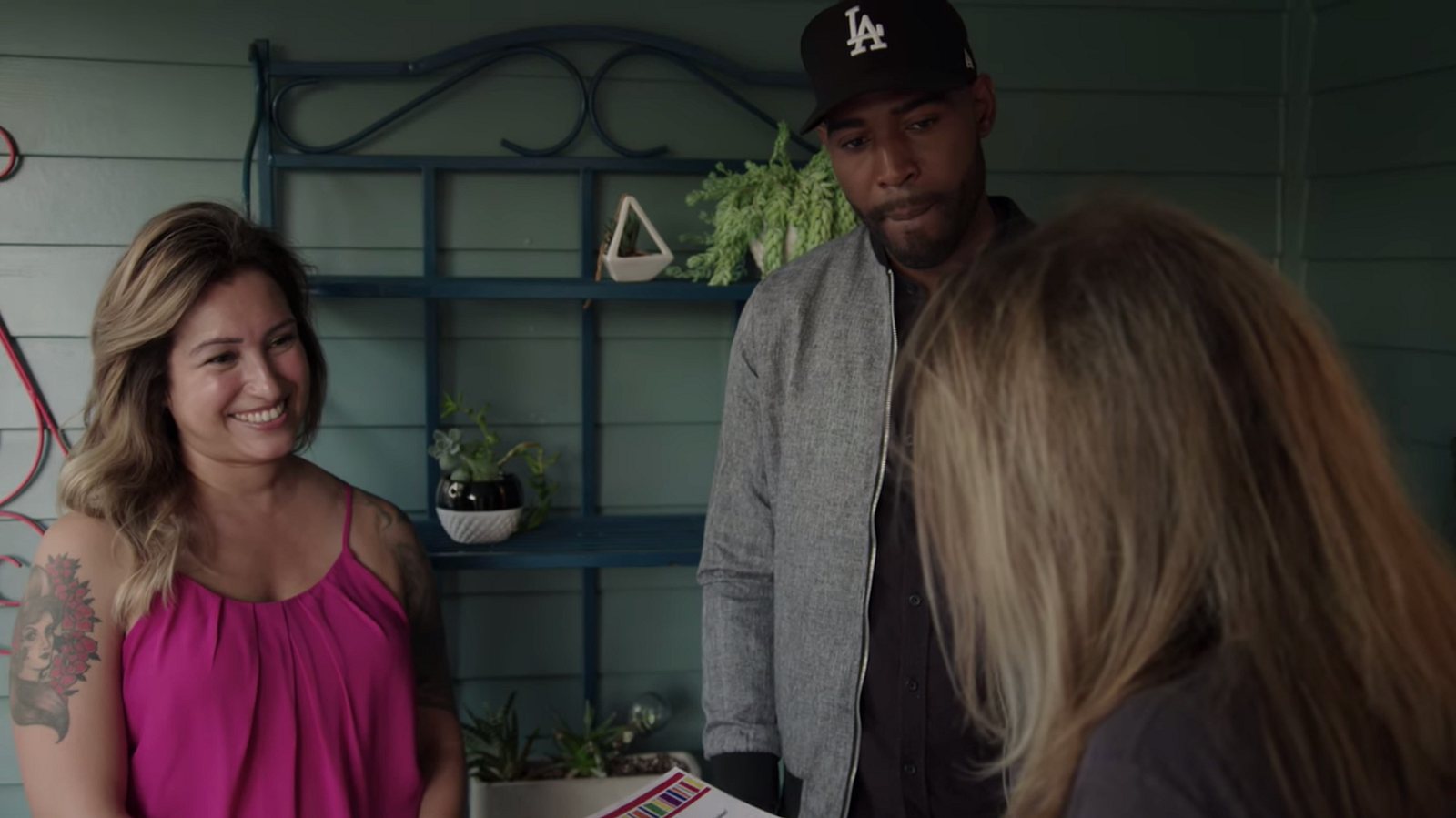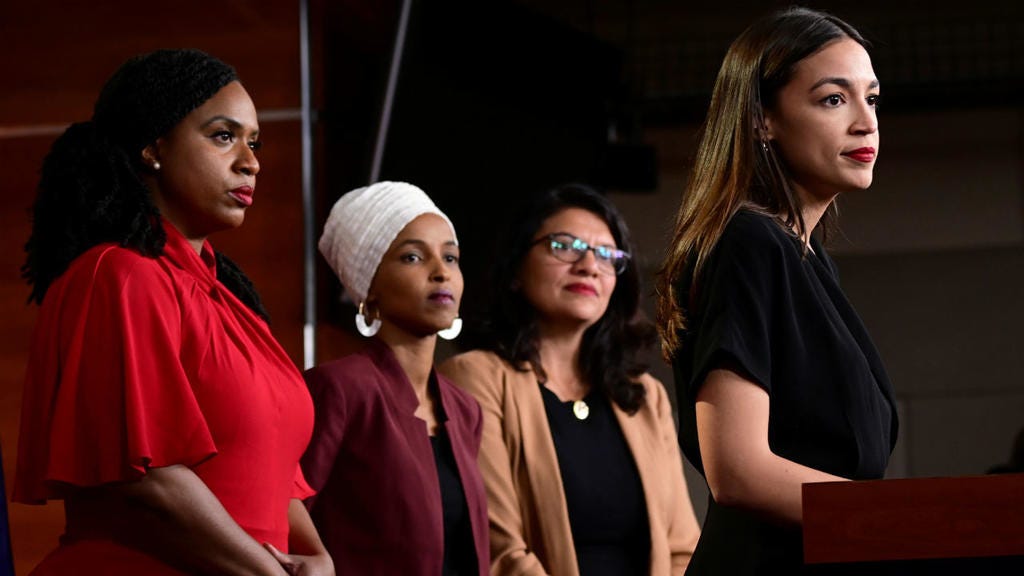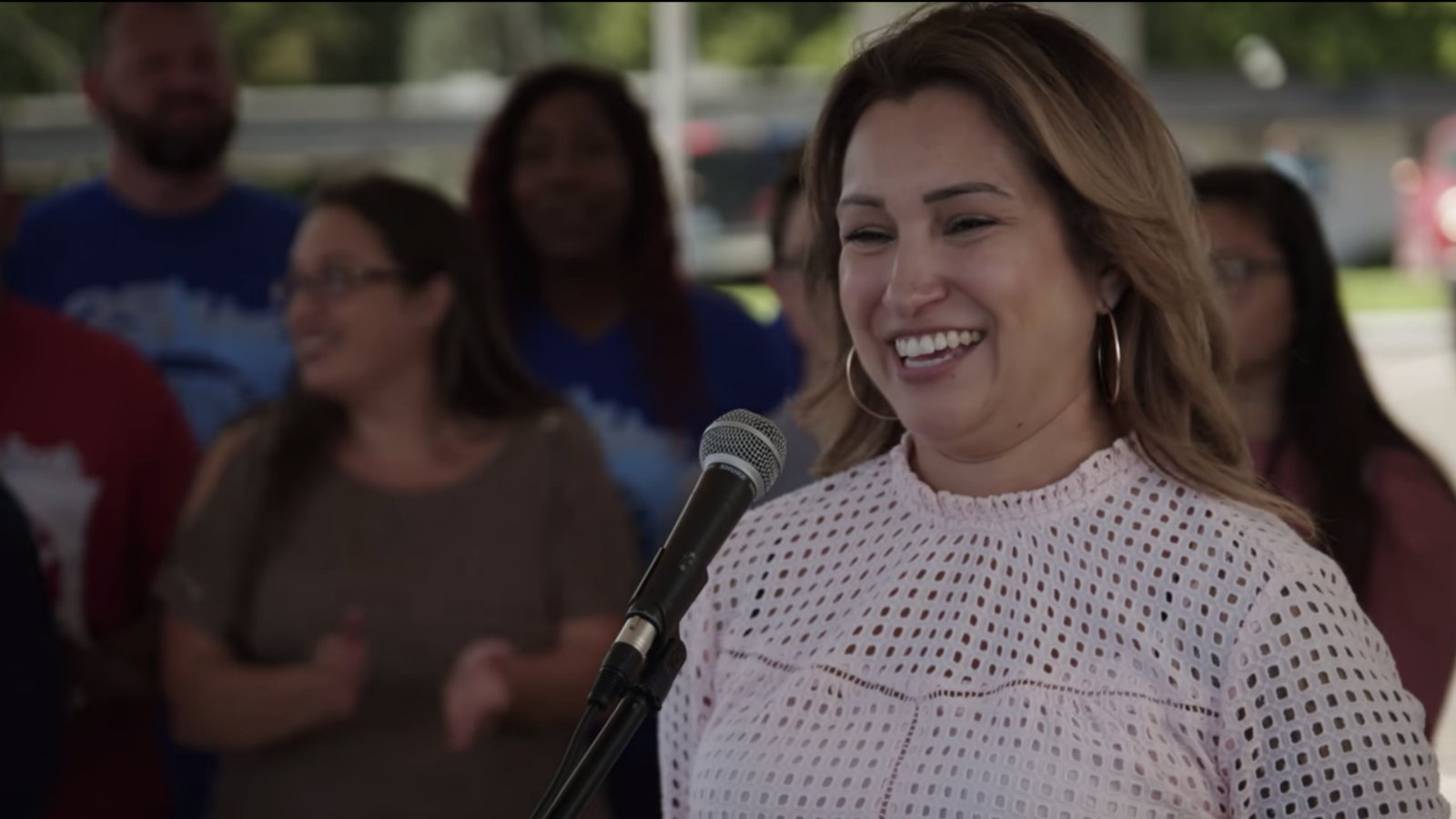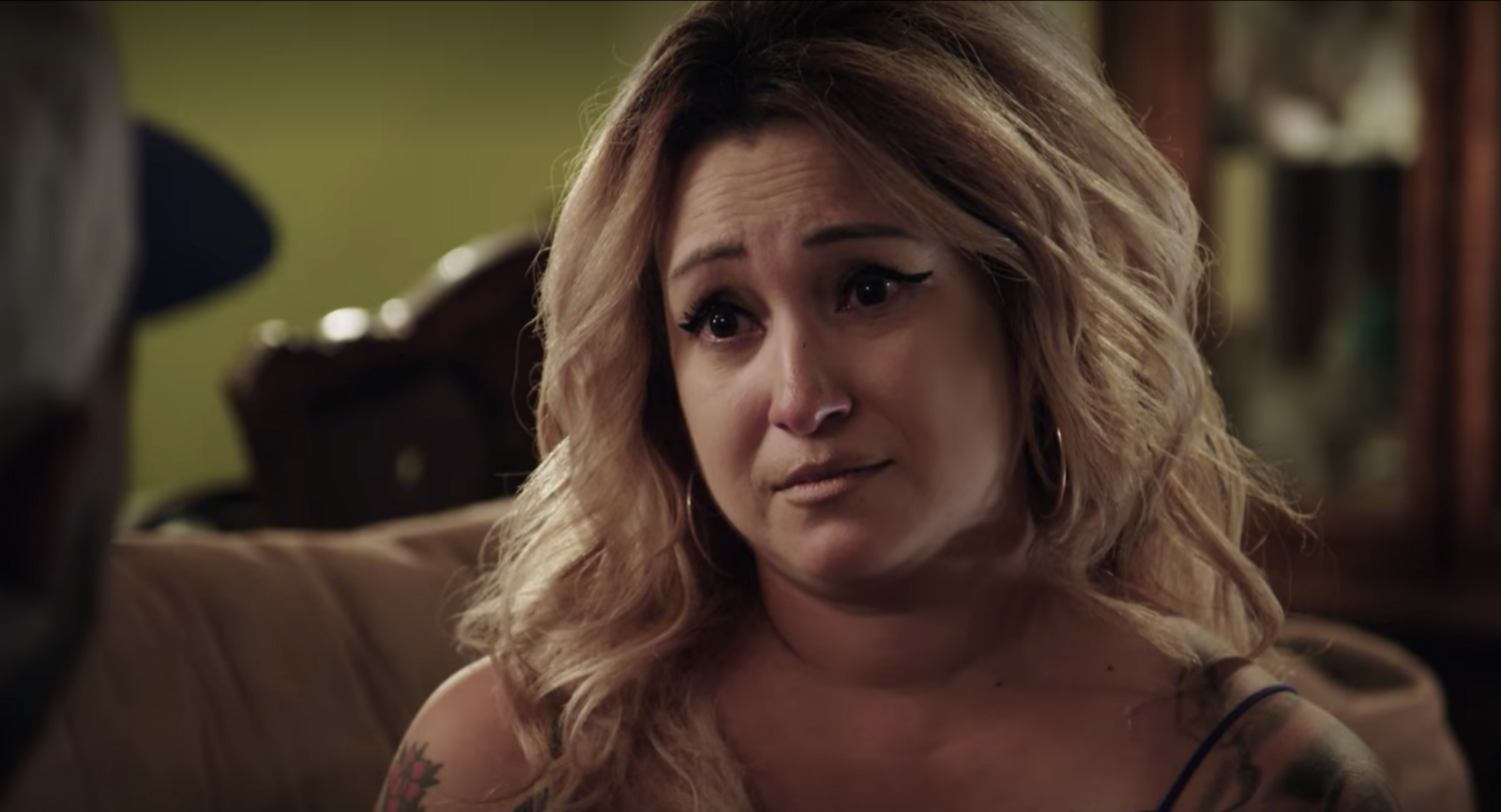Queer Eye is delightful in its ability to make life look simple. A haircut, wardrobe refresh, and a new recipe can transform someone into the best version of themself.
But we all know life outside of reality television is not so simple. Our families are complicated. Our politics are complicated. Our country is complicated. And new apparel curated by the nearly perfect human that is Tan France and his beautiful silver hair can’t change that.
When the first Latina on Queer Eye was introduced, I saw a person I knew but whose story rarely gets the spotlight. Deanna Munoz is a hard-working, intelligent, family-centered Chicana creating a community for artists and creatives in Kansas City as the founder of the Latino Arts Festival.
As a second-generation Mexican-American and a woman balancing two cultures, many of Deanna’s insecurities matched my own. I immediately resonated with her as she explained how she feels in the kitchen with her mother in law — intimidated. These are the feelings I’ve dealt with as a Latina but are rarely addressed on TV, much less to a mainstream audience on Netflix.
Likewise, I resonated with Deanna’s embarrassment as she explained that she couldn’t speak Spanish because of her father’s desire to assimilate. When I was young, I remember hiding in the bathroom as my grandparents talked with their friends because I was so embarrassed I couldn’t speak Spanish.
As I watched Deanna update her wardrobe with Tan and get a new haircut from Jonathan, it was touching to watch someone who had given so much get time for herself too. And not just time for herself, but also a new space for her community. As I watched Bobby take Deanna through her new community center, I cried to see a woman’s dreams come true.
However it was Karamo’s segment that connected me back to reality. Deanna shared with Karamo that she didn’t feel accepted by her predominantly white neighborhood so he set up one of his infamous therapeutic sessions: having her go door to door to introduce herself and talk about the Latino Arts Festival.
Before the exercise, Deanna reveals some of her neighbors have been more than just cold. She tells Karamo when her husband was landscaping their own yard, one of her neighbors sent a message to her husband, mocking him with “the Mexicans were building their own wall.”

It was a difficult episode to watch. While I was happy that Queer Eye choose Deanna as one of their heroes, watching her knock on each neighbor’s door was heartbreaking. Because this is what most Latinos have to do today to connect beyond our own community: we have to make the case for existing.
Instead of just being welcomed in her community, Deanna had to prove to her neighbors that she was worthy of being included. It was particularly difficult in this political moment. The shooting in El Paso. Donald Trump telling Reps. Alexandria Ocasio-Cortez (D-NY), Ayanna Pressley (D-MA), Rashida Tlaib (D-MI), and Ilhan Omar (D-MN) — all US citizens — to “go back” to their countries. While violent racism is no longer a surprise, it is still very, very wrong. And I am tired of all the reminders that racist acts, even at their clearest and most pointed, are ignored and excused by everyone from the President to our neighbors.

This episode perfectly showed the limits of Queer Eye. I would love it if all of our conflicts could be solved in an hour montage full of empathy, joy, and understanding. But even a Jonathan haircut and a makeover with Tan cannot hide our country’s past and increasingly polarizing dynamic.
There is a reason that Jonathan suggests dialing her hair back to be more “polished” and why Tan suggests a more “sophisticated” work look. It’s because for many Mexican Americans, our culture has been written off as “not serious” or “working-class” instead of what it is — an expression of our identity and where we come from.
As immigrants, we still have to prove our humanity. We are forced to go door to door, neighbor to neighbor to ask for acceptance because we know people will not give us the benefit of the doubt. When Deana shares her difficult experiences, one neighbor sympathetically replies “I didn’t know you were feeling that way.” It’s this reality that many of us start with, that racism and exclusion is often the last thing a white family might think about. We have to share stories of our trauma, our families, and our hard work to been seen — something most white Americans can’t even fathom.
Deanna’s experience on Queer Eye is a reflection of how far our country still has to go. I dream of a day where we won’t have to share images of children crossing the border or huddling in detention centers or gunned down at Walmart. That just the mention of children or simply people in need would be enough. A time when Deanna doesn’t have to introduce herself to every neighbor on the block, a time where her neighbors come to her and welcome her as a member of their community. This is the ultimate American makeover I hope for but I know it’ll take time and more than just a little “zhuzhing.”


